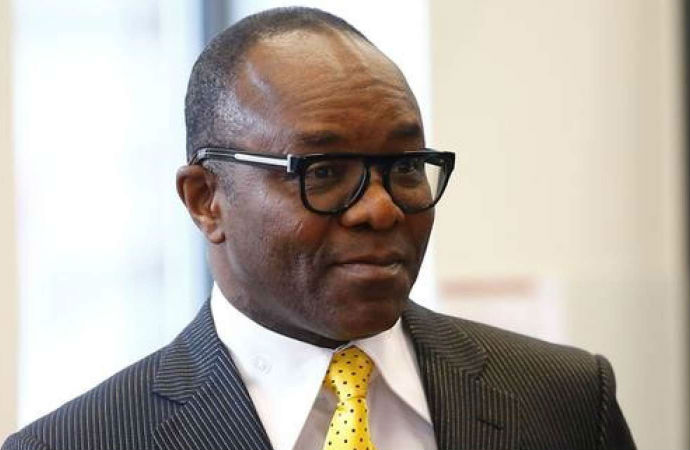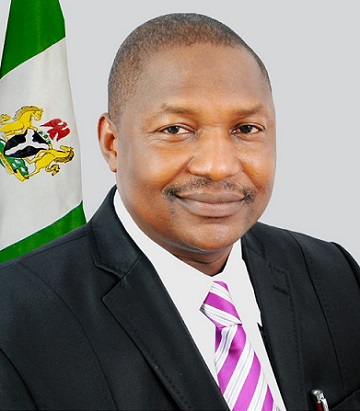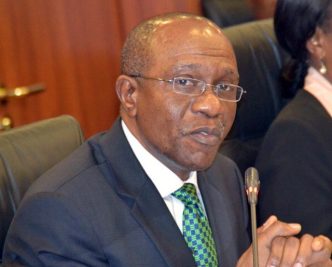“Also note that the Nigerian Extractive Industry Transparency Initiative (NEITI), in its 2014 Nigerian oil and gas report, disclosed that in 2008, the Federal government, in its fiscal regime for the petroleum sector, set a penalty of $3.5 per 1000 SCF of gas flared by oil companies, observing, however that the companies have refused to comply with the directive.”
Browsing: international oil companies
Nigeria reached the repayment deal in November with producers including Exxon, Shell, Chevron Corporation, Total SA and Eni SpA that pump about 80 percent of the country’s crude in joint ventures with the state-owned Nigeria National Petroleum Corporation, NNPC.
He said the delays in the cases were necessitated by some technicalities including delay tactics by lawyers to the oil companies which unfortunately is being condoned by the courts.
Fayemi said that he would meet with the Minister of State, Petroleum Resources, Dr. Emmanuel Ibe Kachikwu to look into the issue why the local oil companies refused to patronise the local baryte producers but preferred to import the products.
He underscored the importance of the Egina project to the Nigerian economy, particularly the addition of 200,000 barrels to the country’s daily crude oil production. Egina will also contribute to the Federal Government’s commitment to address production decline and shore up national revenue.
Over the years, the venture has proved to be a drainpipe, as it said to be running a hefty yearly budget of $12 million. Already, a United States (U.S.)-based firm, ERHC Energy Inc., which has interest in blocks 2, 3, 4, 5, 6 and 9, has invested over $500 million into exploration activities without significant result.
Dr. Baru noted that the long delay in the passage of the PIB had led to uncertainty in the fiscal terms, while the recent move by the National Assembly to amend the NLNG Act had also dampened the optimism of investors in the industry.
According to him, the visits to operating and service companies around the country were conceived to engage stakeholders, and explain strategies adopted by the NCDMB to foster projects and ensure domiciliation of work scopes and maximization of in-country capacities.
The Director-General of the Budget Office, Mr. Ben Akabueze, said the release of the fund was not within the purview of the office, adding that the powers lied with the minister of finance, who should seek approval from the president before the fund was released.
The committee demanded explanation on the criteria for the allocation of foreign exchange to dealers as well as necessary documents to show such allocations to the marketers.










